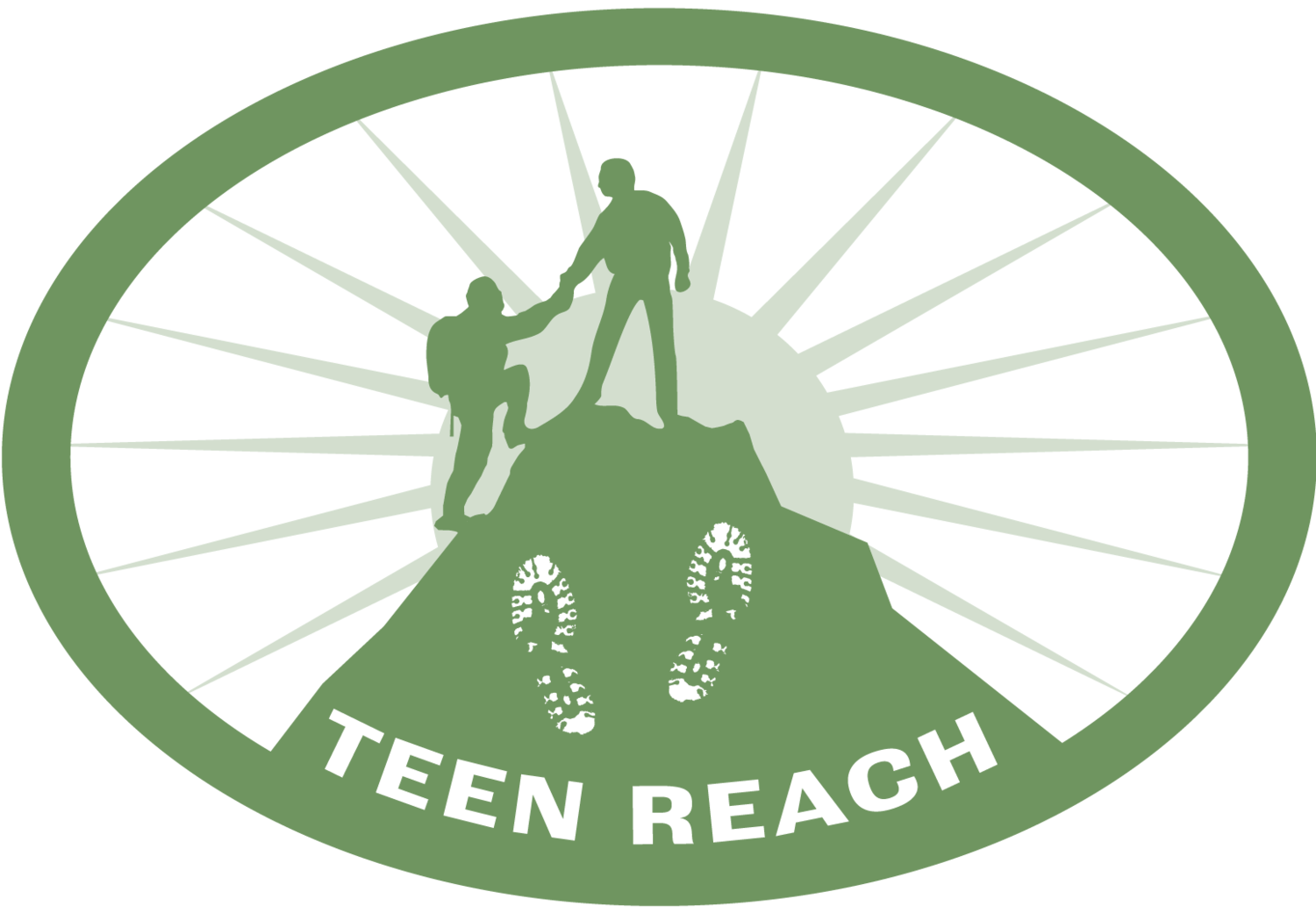Horse Sense
Tina from Midland, Michigan, combines her love of horses with her love of mentoring.
Tina met both her mentees at camp. When Tina’s mentees were going through difficult seasons in their younger years, she would often take them to the farm where she practices equine therapy. Just braiding a horse’s mane and adding dandelions does wonders.
Even though Kiara’s* mother pulled her out of the program after four years, mentoring didn’t stop. Kiara reached out to Tina as soon as she turned 18. Tina met her second mentee when she was seven and followed her through four years of T.R.A.C. Harper is the first in her family not to get pregnant by age 15. Recently, Harper reached out to Tina after getting in some trouble.
“They want to talk because I’m not judgmental,” Tina said. “I meet them where they’re at, listen and talk through options as they face real life issues.”
As I chatted with Tina about her experience mentoring at National Leadership Training in Nebraska in June, I learned some good old fashioned horse sense.
1. How to Communicate
Horses communicate in nonverbal ways. When we work to understand these animals, we see how our behavior may affect others. We can learn new ways to build connections through seemingly little interactions, like leading, haltering, and grooming. This helps us build stronger relationships outside the stable.
2. How to Understand Emotions
Horses are very keen on sensing emotions in others. You can’t hide what you’re feeling when you’re with a horse, so equine therapy creates a space to address problems not with the mind, but with a horse.
3. How to Face Fears
A horse can be intimidating because of the animal’s sheer size. The more comfortable someone gets with a horse, confidence will grow, leading to overcoming other fears.
4. How to Set Boundaries
Horses have no problem letting us know their boundaries. Once we know where a horse draws the line, this can motivate us to better understand our own boundaries.
5. How to Trust
Horses are honest. They do not manipulate which helps build trust. When we begin to open in healthy ways, we build relationships and learn to ask for help when needed. Accountability is a key skill to have in the real-world, and horses have no issue holding you and themselves accountable for a smooth ride.
Building deeper connections, better understanding yourself, getting in touch with your feelings and working through something you’d rather avoid—sounds like sound wisdom for mentoring . . . straight from the horse’s mouth.
*Names changed to protect identity

